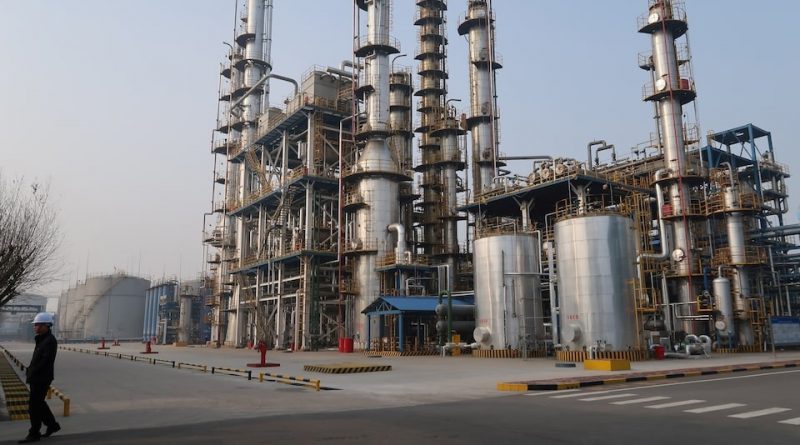China Expands Green Aviation Exports with New Biofuel Approvals
Beijing – China has taken another significant step toward global sustainability leadership by approving three additional biofuel refiners to export sustainable aviation fuel (SAF).
This move highlights the country’s growing commitment to clean energy innovation and environmental responsibility while positioning China as a major player in the international green fuel market.
The decision comes as the aviation industry worldwide accelerates efforts to reduce carbon emissions and adopt eco-friendly alternatives.
According to trade sources and the Chinese commodities consultancy JLC, Shandong Haike Chemical, Shandong Sanju Bioenergy, and EcoCeres have all received export quotas ranging from 788,000 to 828,000 metric tons per year.
This expansion marks a milestone in China’s clean energy policy and reflects the government’s strategic efforts to promote renewable fuel exports.
The approvals are expected to strengthen trade ties with Europe, one of the world’s largest aviation fuel markets, and help global airlines meet their sustainability goals.
While Europe has yet to enforce a mandate on the mandatory use of sustainable aviation fuel, many European airlines are proactively seeking greener energy sources to meet emission targets and attract environmentally conscious travelers.
China’s move, therefore, comes at an ideal time — offering high-quality, affordable SAF to a growing global market. As the demand for eco-friendly jet fuel rises, China’s expanding network of biofuel refiners stands ready to meet this demand with large-scale production capabilities and advanced technology.
EcoCeres, which is backed by Bain Capital, has emerged as one of the most dynamic players in this sector. With export quotas between 260,000 and 300,000 tons, the company is well-positioned to scale operations and deliver SAF to global airlines and logistics firms.
Shandong Haike Chemical, allotted 370,000 tons, and Shandong Sanju Bioenergy, with 158,000 tons, are also preparing to enhance their export capacities.
Together, these companies form the backbone of China’s expanding biofuel ecosystem, one that aligns closely with the nation’s carbon neutrality goals for 2060.
The Ministry of Commerce, which oversees export quotas, has not commented publicly, but industry analysts view the move as a clear signal of China’s policy-driven support for green industries. By allowing multiple companies to participate in SAF exports, the government is fostering healthy competition, innovation, and investment in renewable energy technologies.
These steps are expected to not only increase China’s market share in global aviation fuels but also to stimulate domestic employment, infrastructure development, and research in sustainable energy.
With these new approvals, China’s total SAF export quota for 2025 now exceeds 1.2 million tons — including the first permits previously granted to Zhejiang Jiaao Enprotech, which exported its first SAF cargo earlier this year in May.
This number reflects an impressive scale-up in China’s biofuel production and export capacity in just a few months, underscoring the nation’s ability to adapt quickly to global sustainability trends.
Experts believe that China’s SAF expansion will also have positive ripple effects across Asia. Neighboring countries could benefit from knowledge transfer, supply chain collaboration, and greater regional cooperation on carbon reduction initiatives.
Furthermore, by exporting cleaner aviation fuel, China helps international airlines reduce their environmental impact — a crucial contribution toward achieving the International Air Transport Association’s (IATA) goal of net-zero carbon emissions by 2050.
The decision also aligns with China’s broader vision of transforming its industrial base into a green powerhouse. As part of this transformation, investments in biofuel technologies have surged, with several new SAF plants under construction.
These facilities utilize waste oils, agricultural residues, and renewable feedstocks, making the process not only environmentally sustainable but also economically efficient.
Overall, this development demonstrates China’s evolving leadership in the global energy transition. By empowering more companies to export sustainable aviation fuel, China is setting a strong example for other nations to follow.
It shows how industrial growth, environmental responsibility, and global collaboration can coexist in harmony. With increasing demand from Europe and beyond, the country’s focus on cleaner energy solutions will play a crucial role in shaping the future of green aviation and global sustainability.


